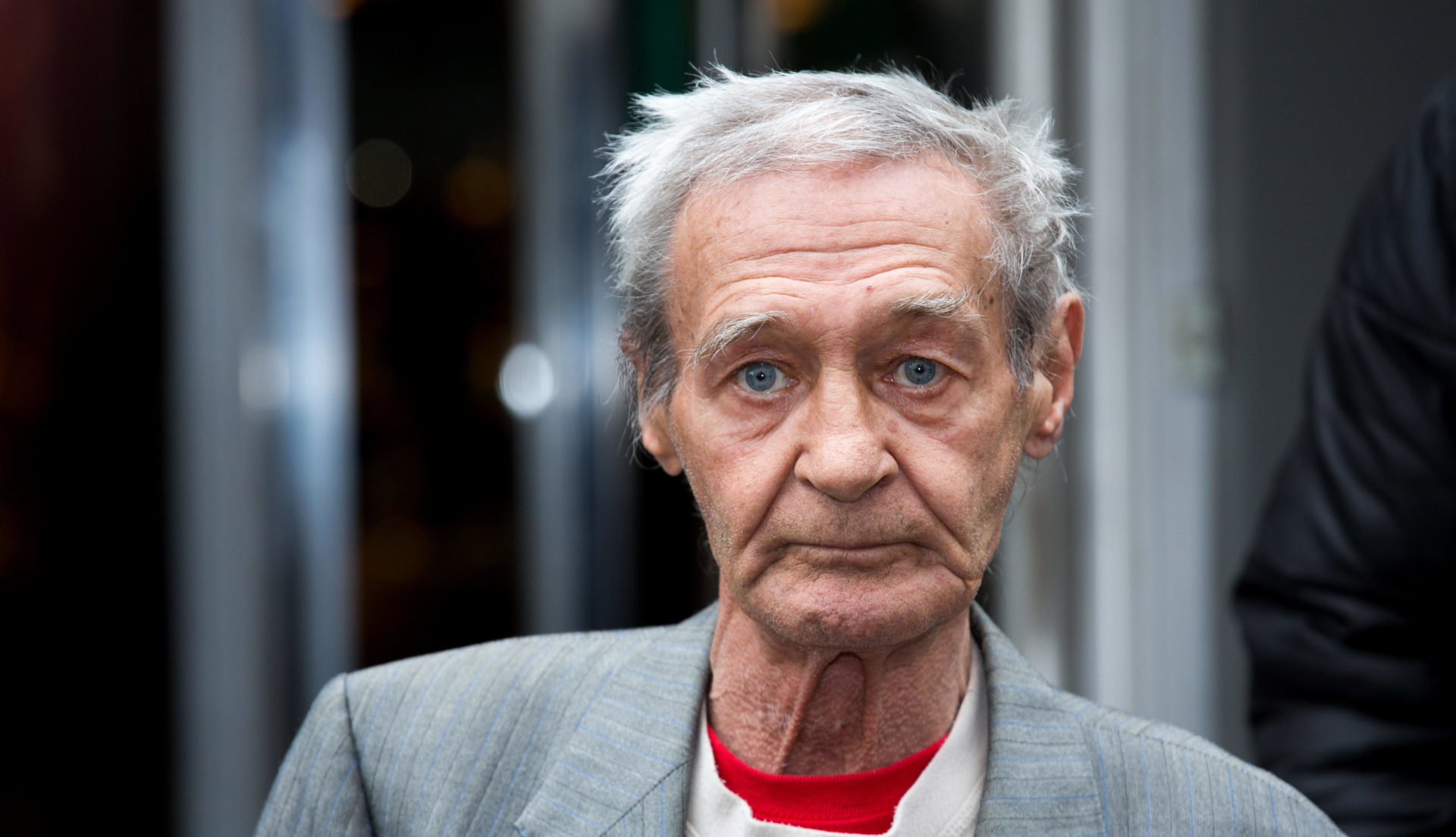The death of Paddy Hill, one of the Birmingham Six, marks the end of a long and harrowing chapter in the history of wrongful convictions in the United Kingdom.
Hill, who passed away peacefully at the age of 80, endured almost two decades in prison for a crime he did not commit before his conviction was quashed in 1991. His story is a testament to the resilience of the human spirit and a somber reminder of the devastating impact of miscarriages of justice.
The Tragedy of the Birmingham Pub Bombings and the Wrongful Convictions
The Birmingham pub bombings, carried out in November 1974, were among the deadliest attacks during the Troubles in Northern Ireland. Two bombs exploded at pubs in Birmingham city center, killing 21 people and injuring over 180. The atrocity shocked the nation, and public pressure for swift justice was immense.
In the aftermath of the bombings, six men of Irish descent—Paddy Hill, Gerry Hunter, John Walker, Billy Power, Hugh Callaghan, and Richard McIlkenny—were arrested and convicted.
The men, who became known as the Birmingham Six, consistently maintained their innocence, but they were sentenced to life imprisonment based on what was later revealed to be deeply flawed evidence, including coerced confessions and questionable forensic findings.
Priceless Piece of Moon Donated to Ireland by Apollo Astronauts Destroyed by Fire
The convictions of the Birmingham Six became a symbol of the fraught relationship between the British state and the Irish community during the Troubles.
Read : Irish Whispers: Must-Visit Destinations Across the Emerald Isle
The men spent nearly two decades in prison, enduring immense suffering and stigmatization. It was not until 1991, after years of campaigning and new evidence coming to light, that their convictions were finally quashed by the Court of Appeal.
Paddy Hill’s Life and Legacy
Paddy Hill, originally from Northern Ireland, emerged from his wrongful conviction with a sense of purpose. Despite the trauma he endured, he channeled his experience into advocacy for others who had suffered miscarriages of justice.
He used the compensation he received—widely regarded as inadequate given the magnitude of his ordeal—to establish the Miscarriages of Justice Organisation (MOJO).

MOJO became a lifeline for individuals and families affected by wrongful convictions. Hill’s work was characterized by his relentless determination to bring attention to systemic flaws in the criminal justice system.
He collaborated with legal professionals, activists, and other exonerees to fight for reforms and ensure that no one else would endure what he and the other Birmingham Six had suffered.
The impact of Hill’s work extended beyond the UK, as he inspired global conversations about wrongful convictions and justice reform. His bravery and resilience were celebrated by those who knew him, including his lawyer Gareth Peirce, who described him as “the bravest of the brave.”
The End of an Era and the Ongoing Struggle for Justice
With Hill’s passing, just three members of the Birmingham Six remain: Gerry Hunter, John Walker, and Billy Power. The deaths of Hugh Callaghan in 2023 and Richard McIlkenny in 2006 marked earlier milestones in this chapter of history. Their lives, marked by unimaginable hardship and perseverance, continue to resonate as symbols of the fight against injustice.
The Birmingham Six case remains a cautionary tale about the dangers of rushing to judgment and the potential for systemic failures in the justice system. It highlights the importance of fair trials, the need for robust oversight of law enforcement practices, and the critical role of public advocacy in bringing about change.

Paddy Hill’s story, in particular, serves as a reminder that the consequences of wrongful convictions extend far beyond the individuals directly affected. Families, communities, and societies bear the scars of such injustices, making it imperative to prevent them through vigilance and reform.
Paddy Hill’s death marks the end of a life defined by both tragedy and triumph. Wrongly convicted of one of the most heinous acts of violence during the Troubles, he endured decades of suffering yet emerged as a tireless advocate for justice. His legacy lives on through MOJO and the countless lives it has touched.
As the world remembers Hill, it is also an opportunity to reflect on the importance of accountability, fairness, and compassion in the pursuit of justice. His story serves as both a cautionary tale and an inspiration, reminding us that even in the face of profound adversity, the human spirit can rise to create positive change.

